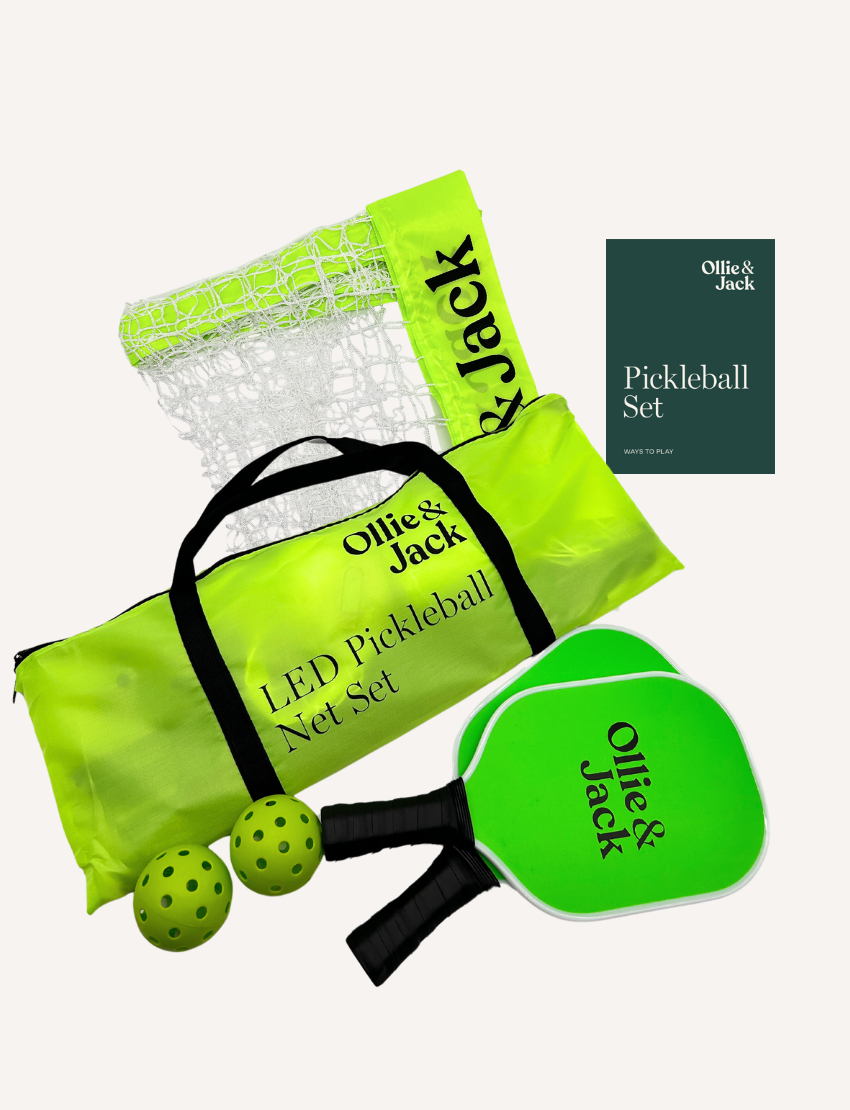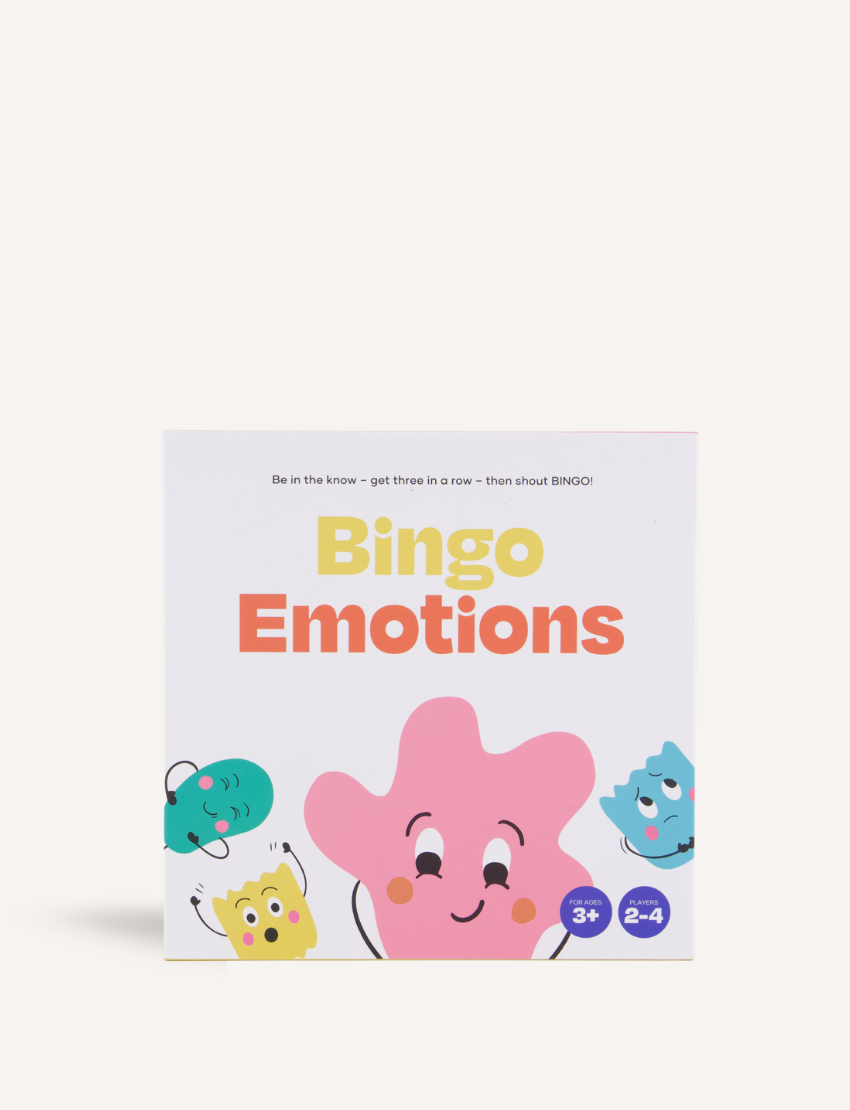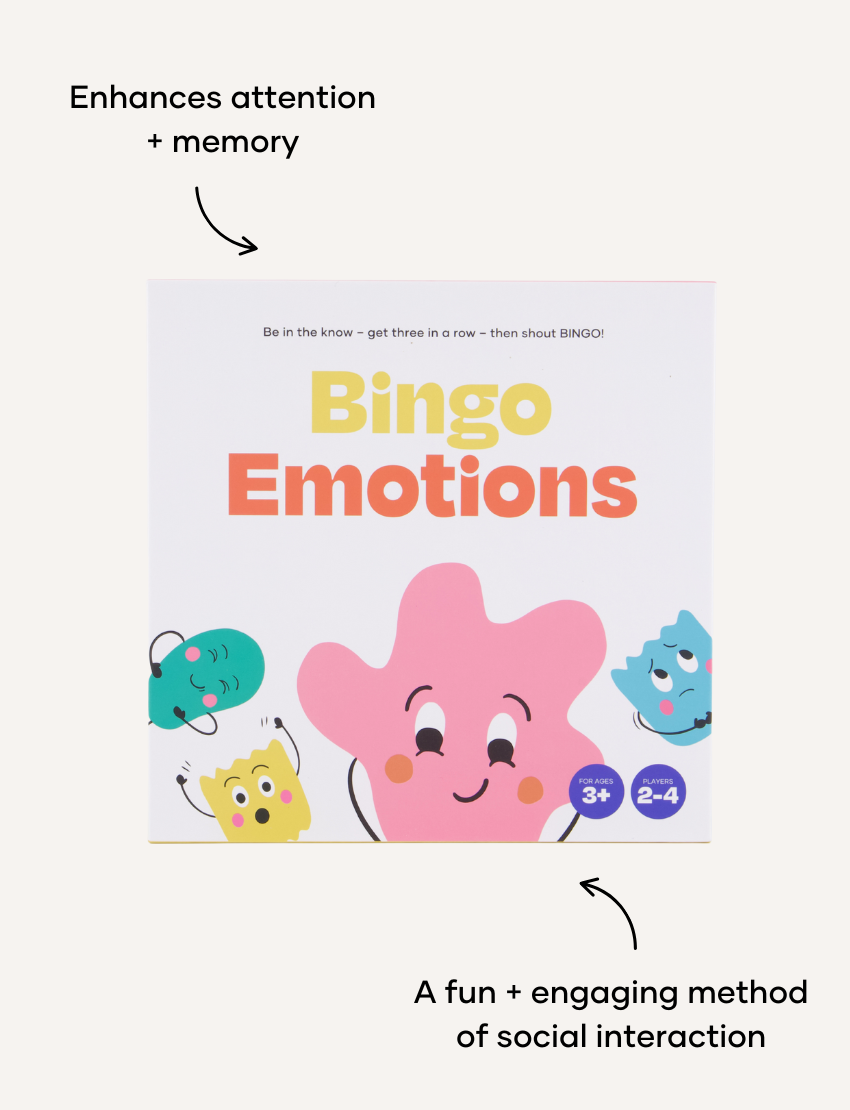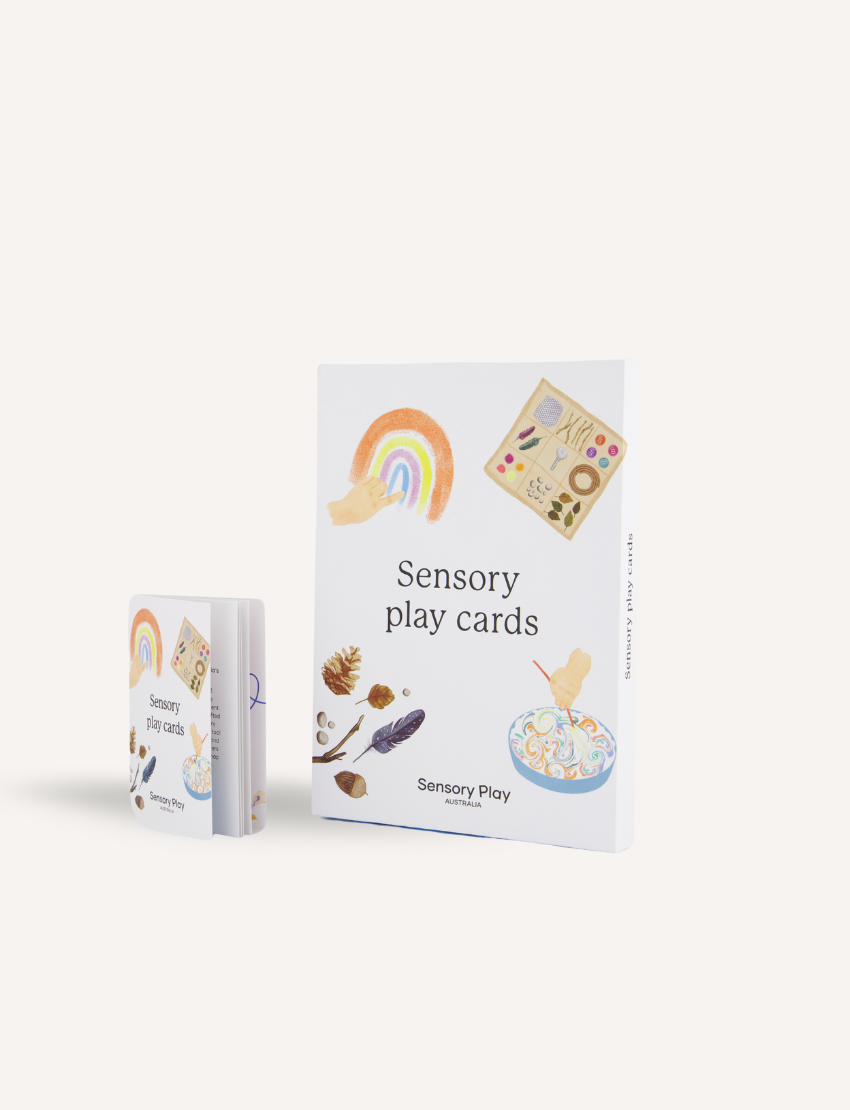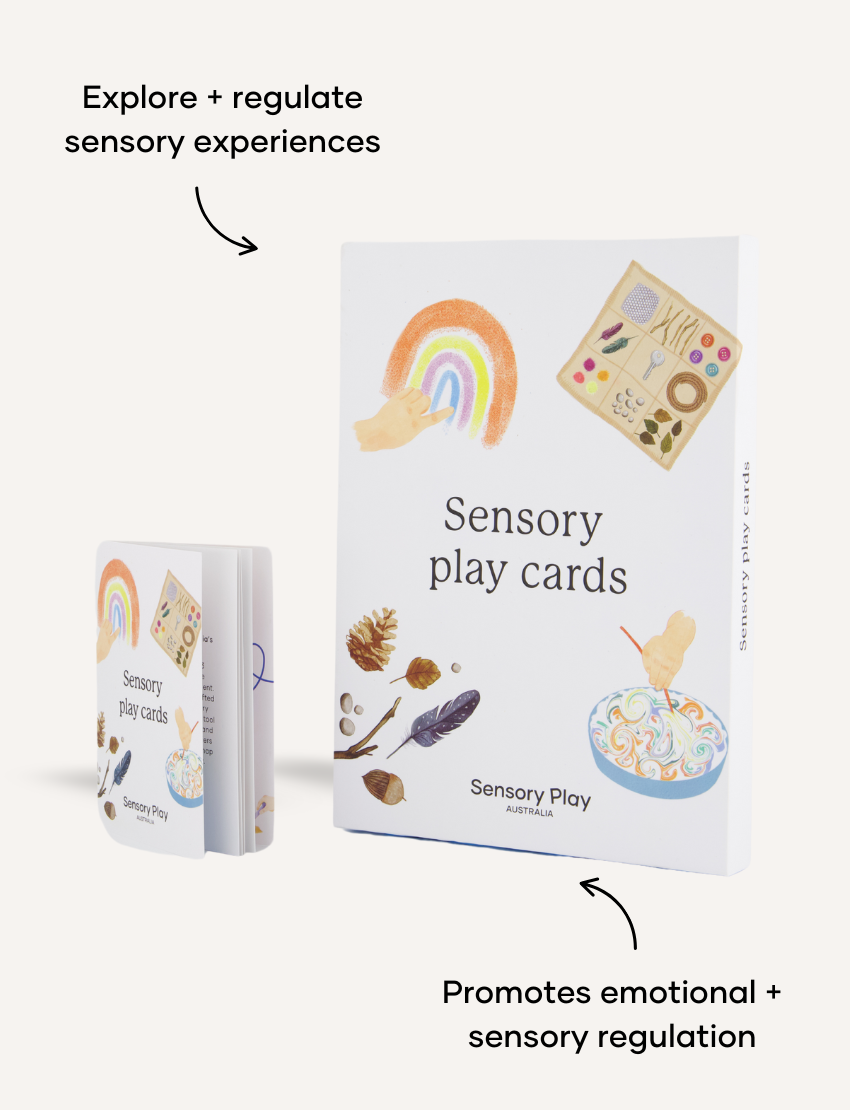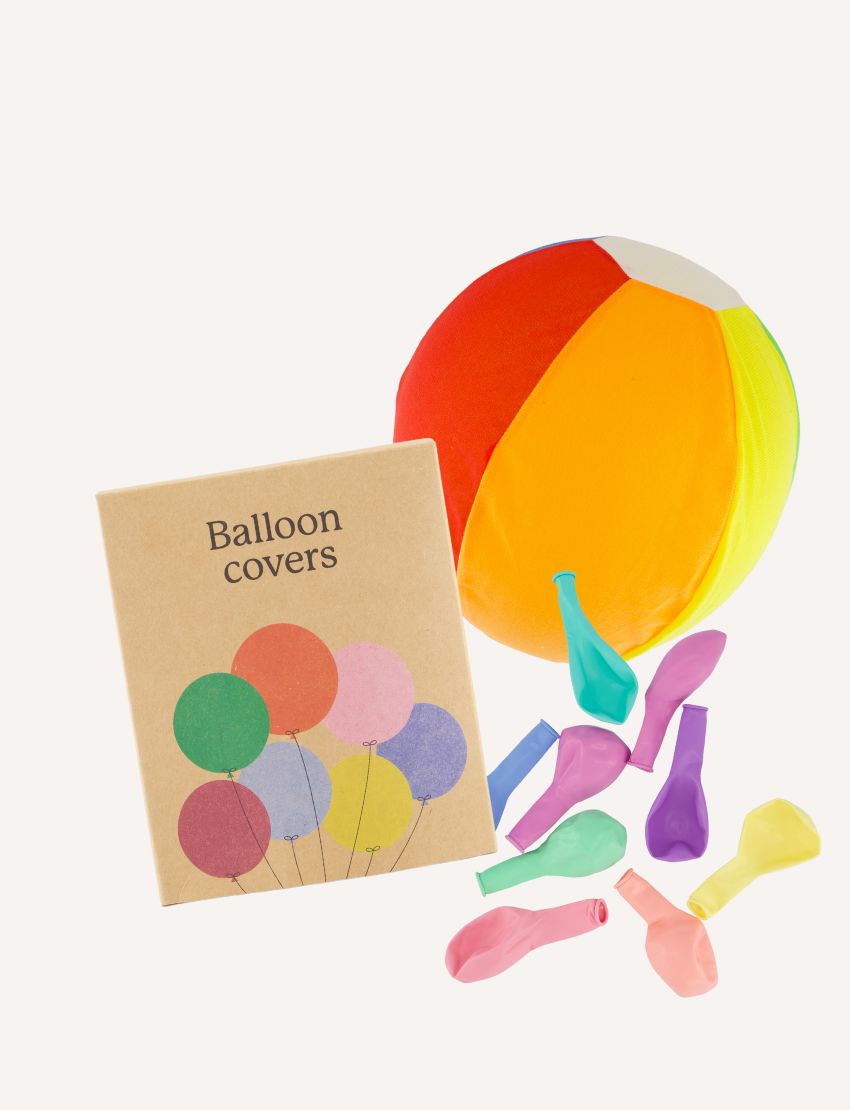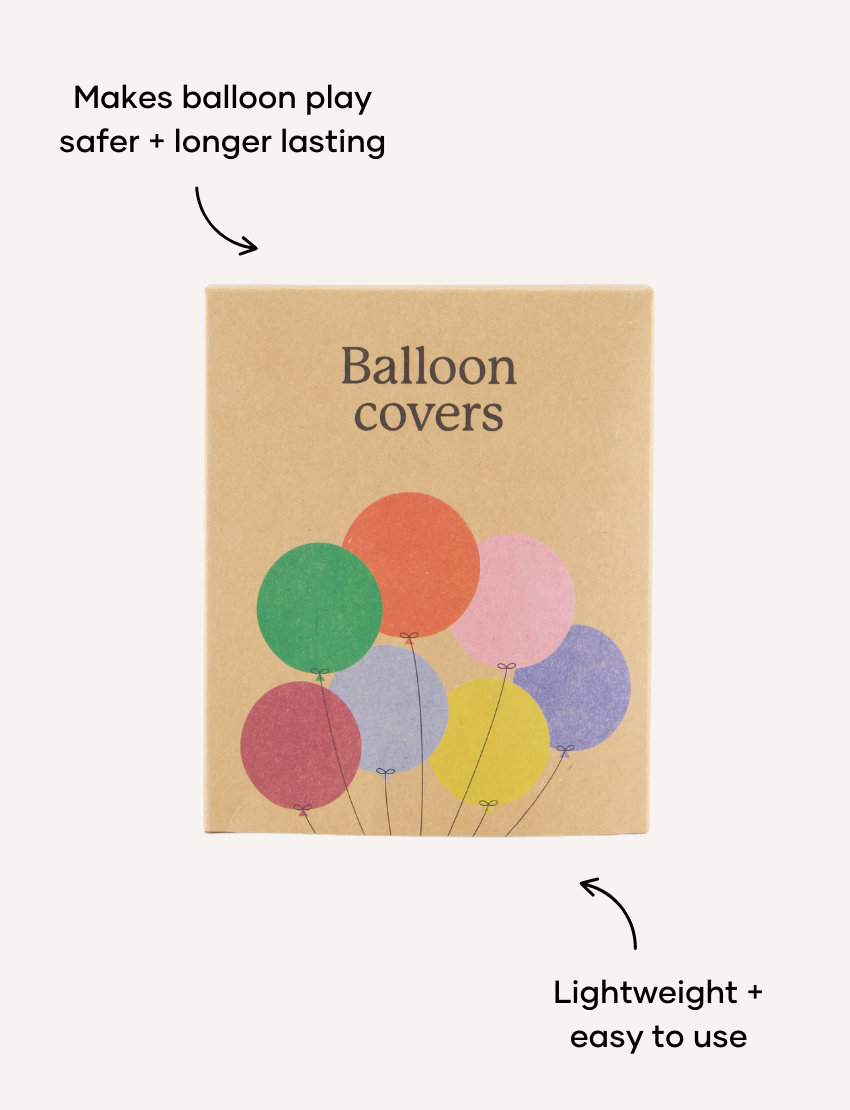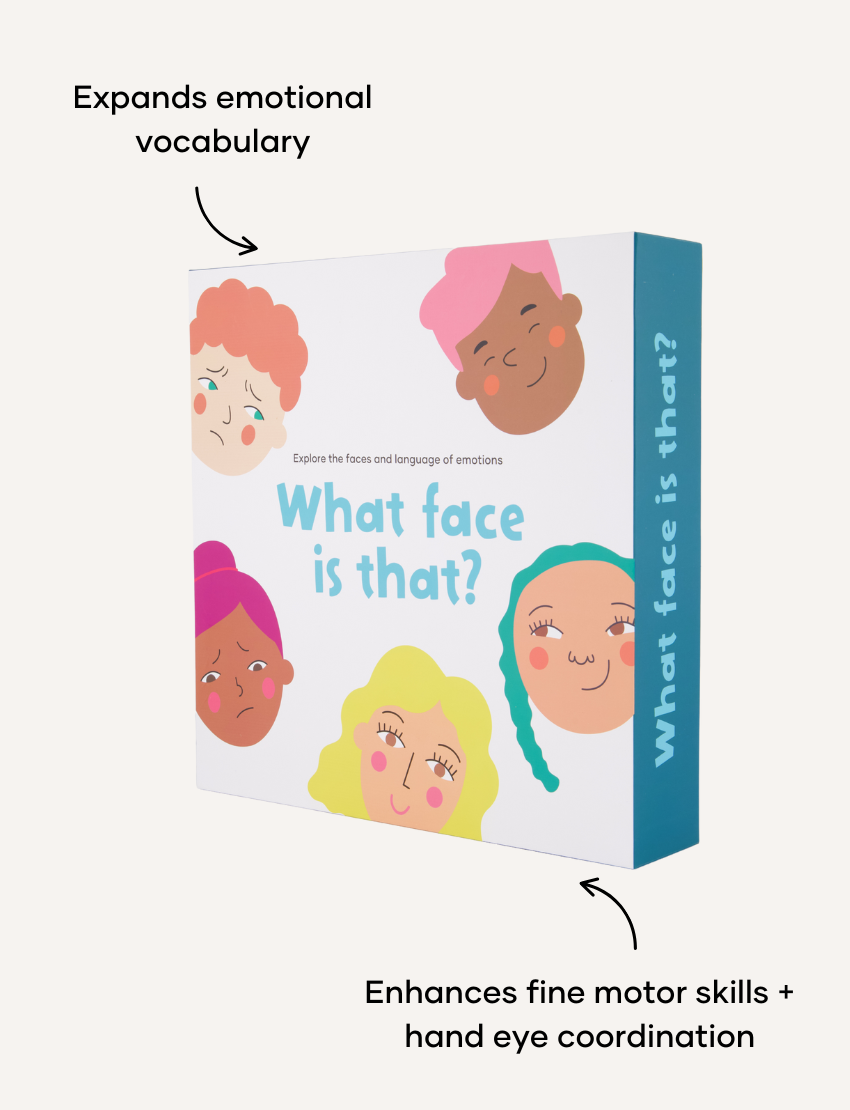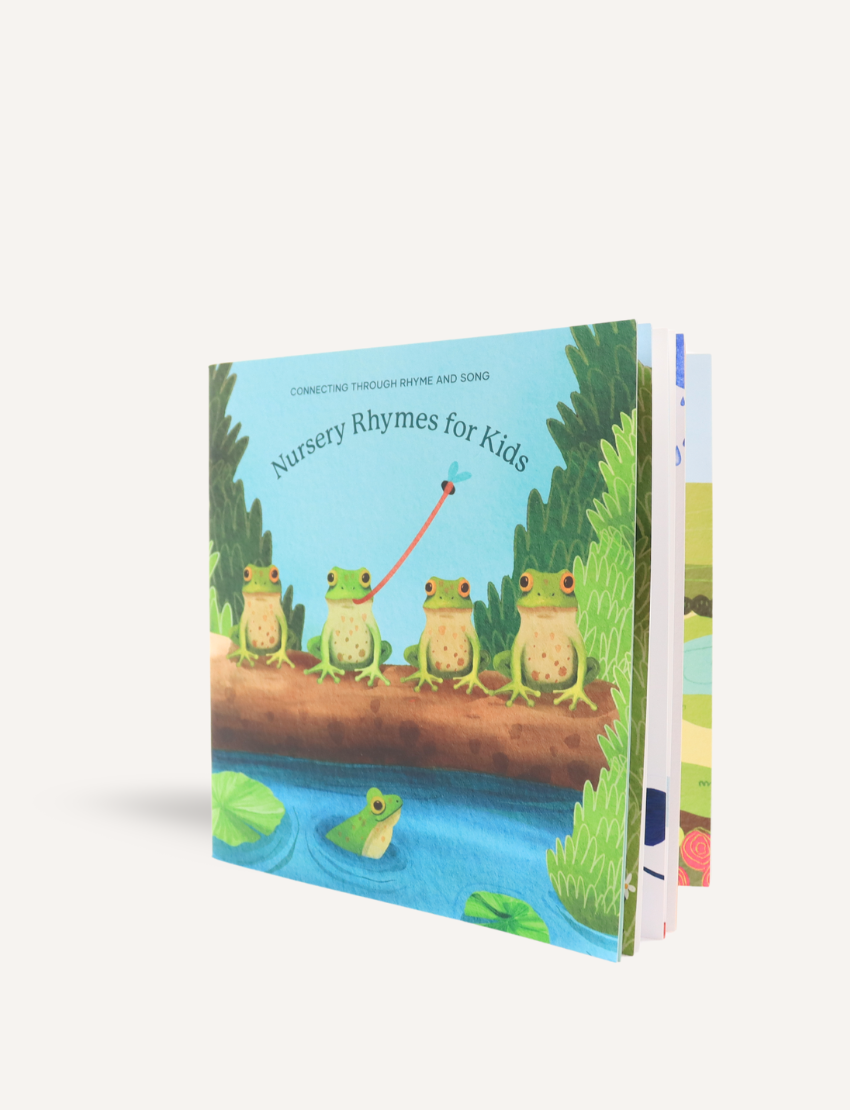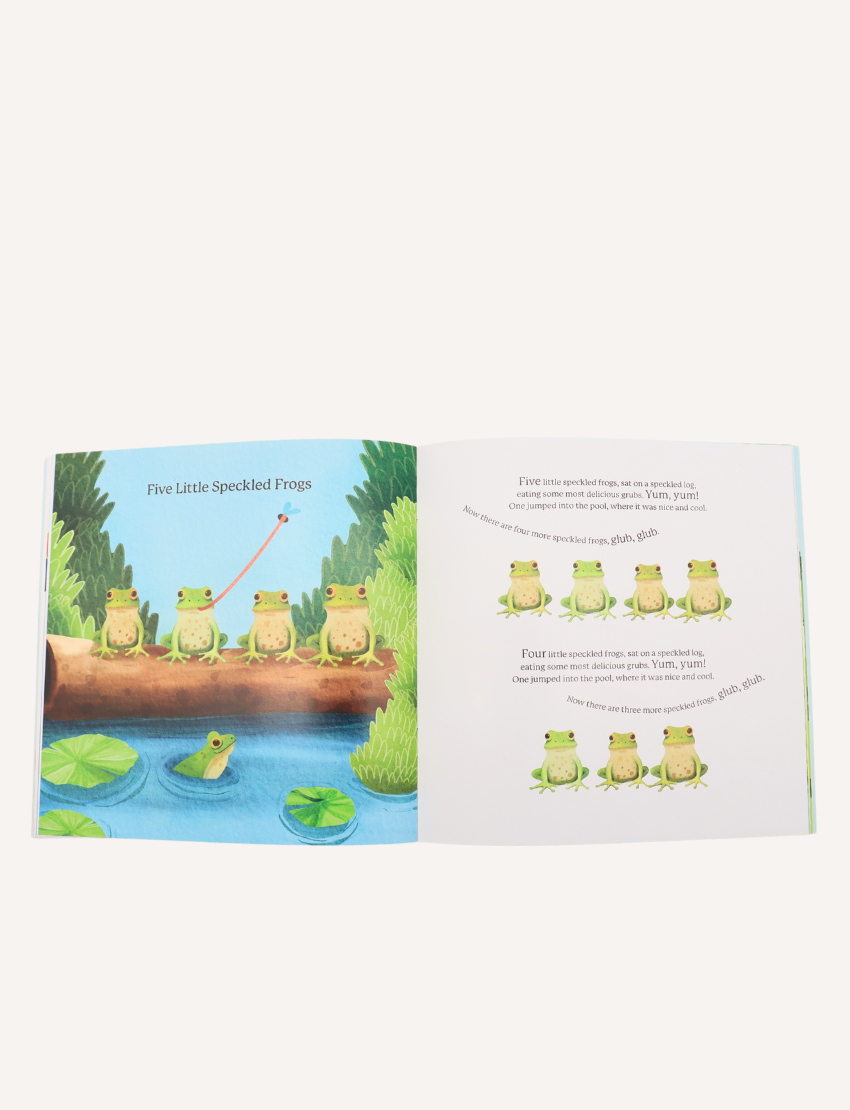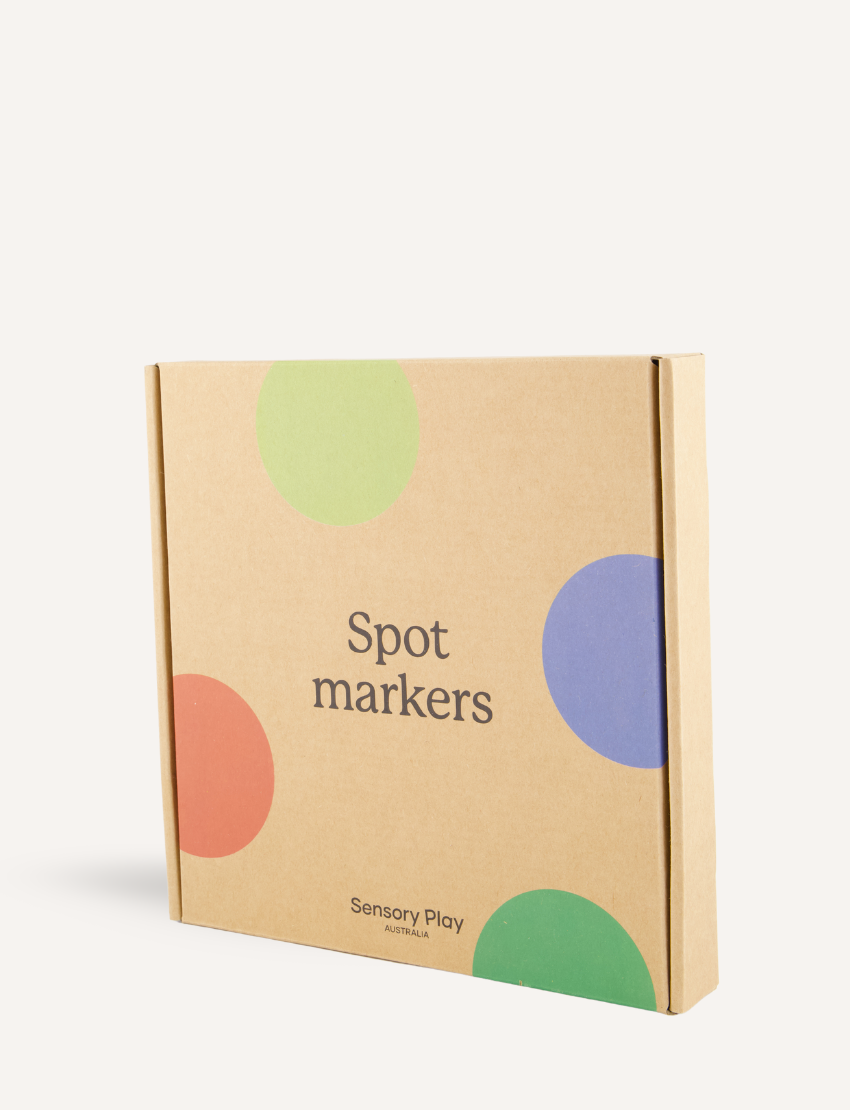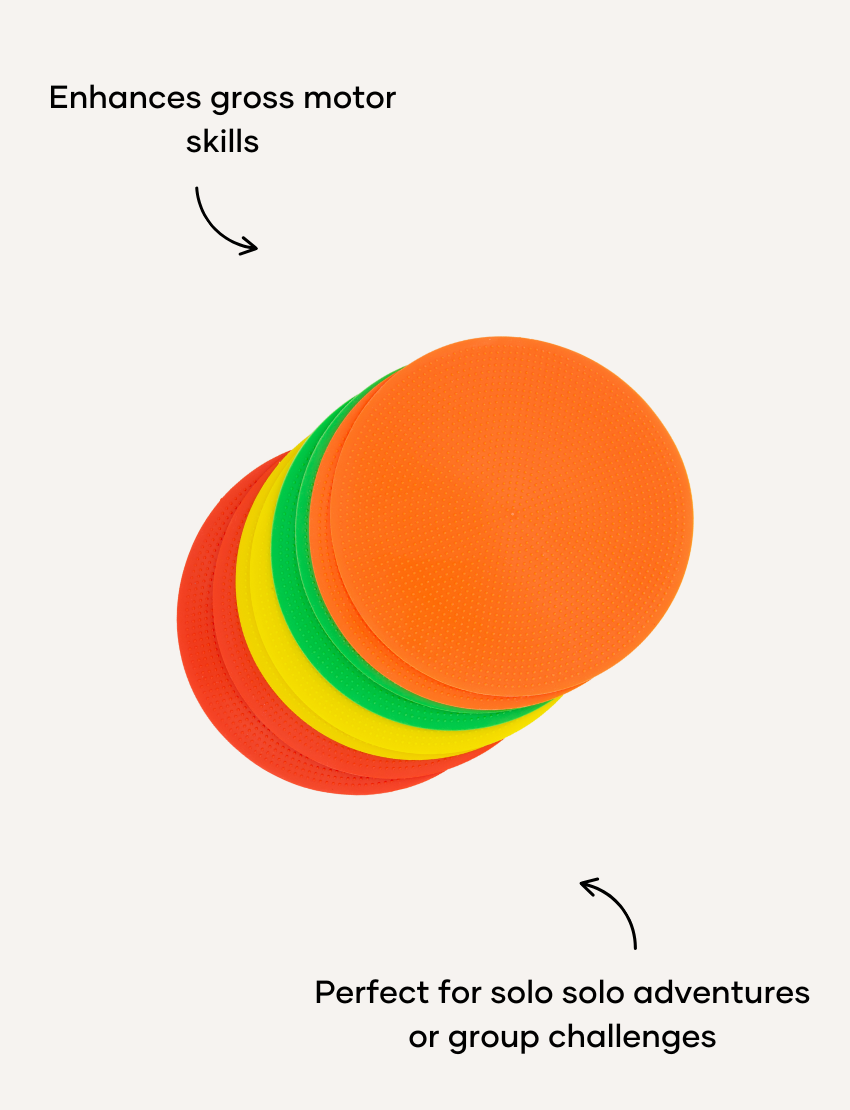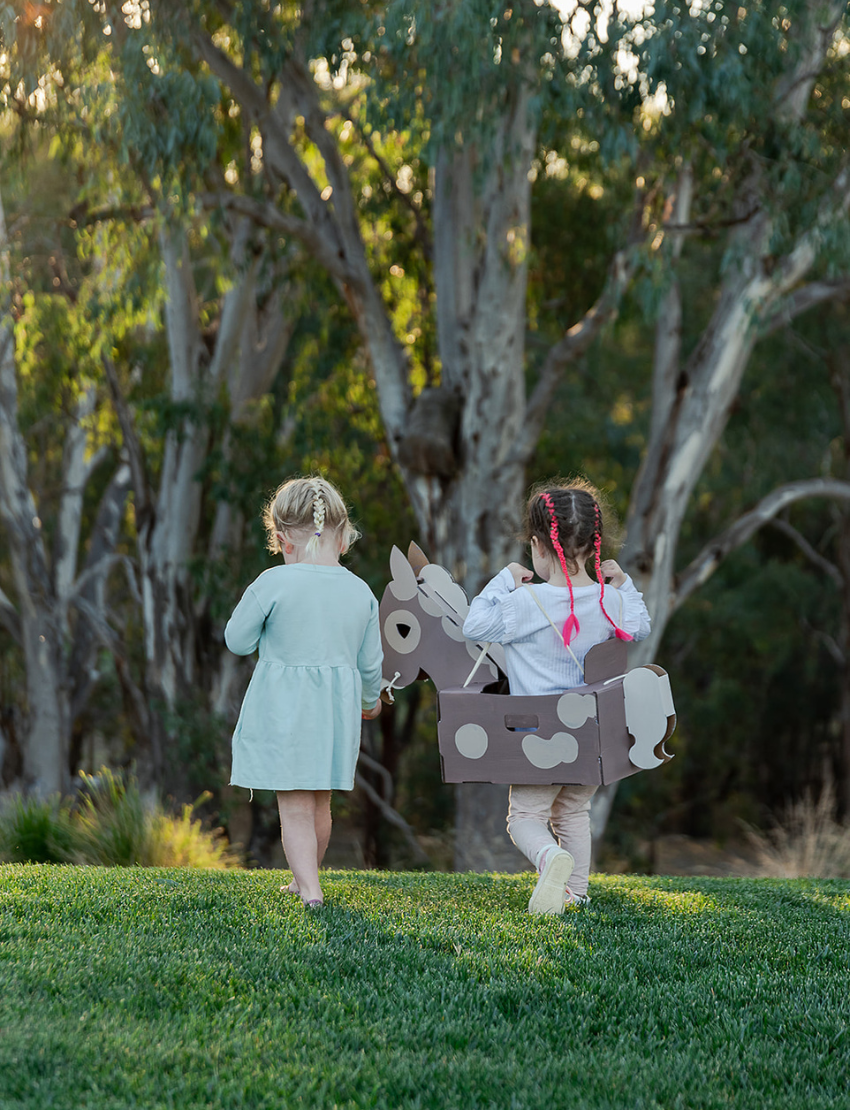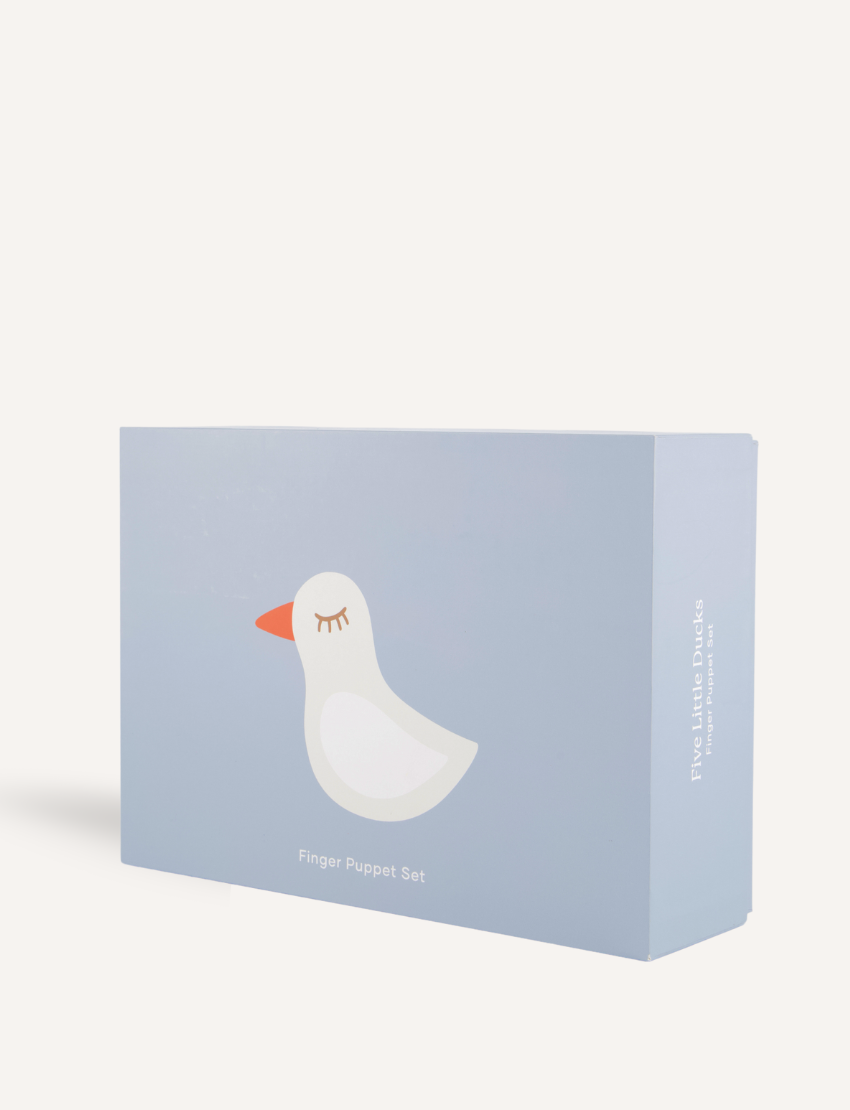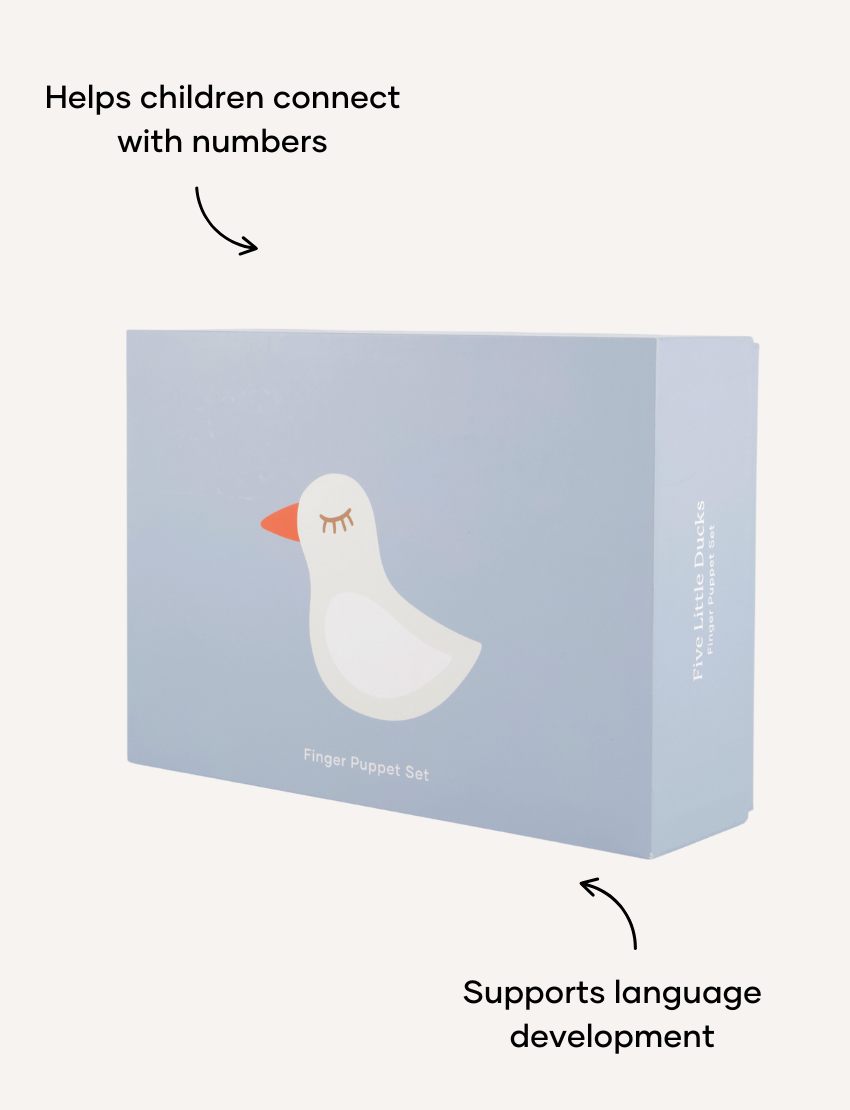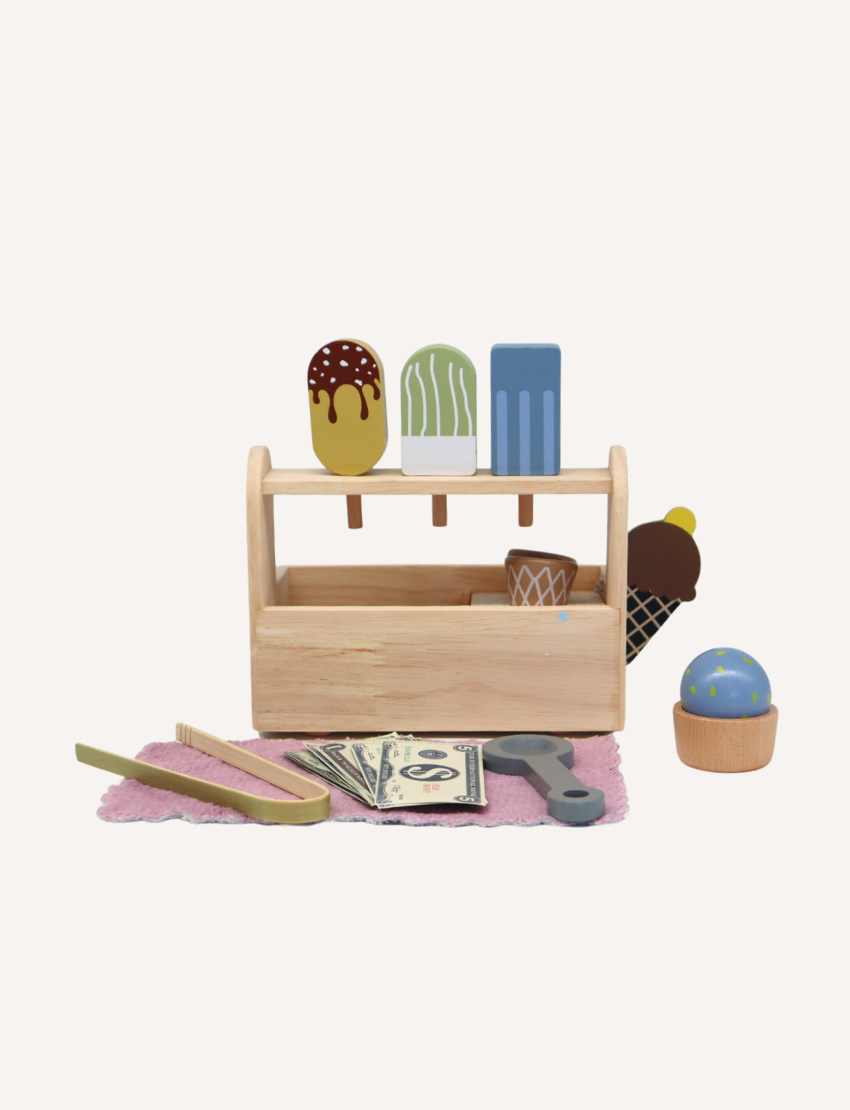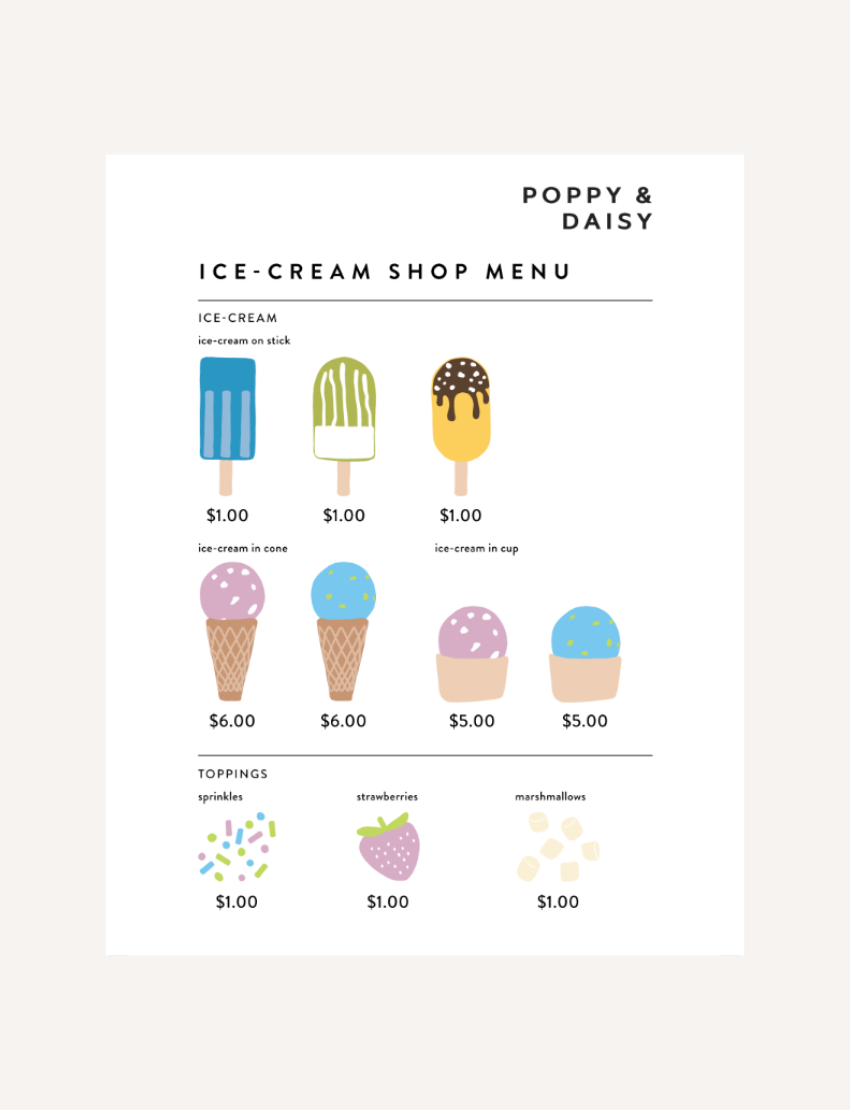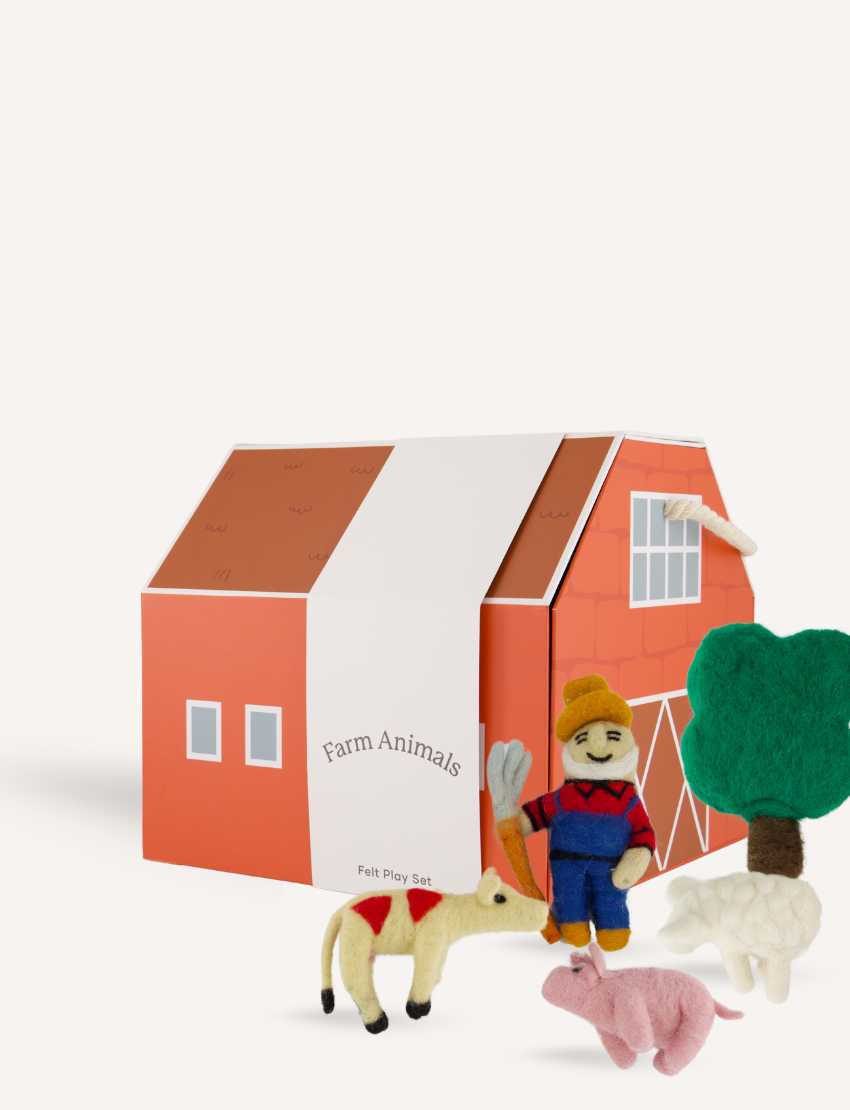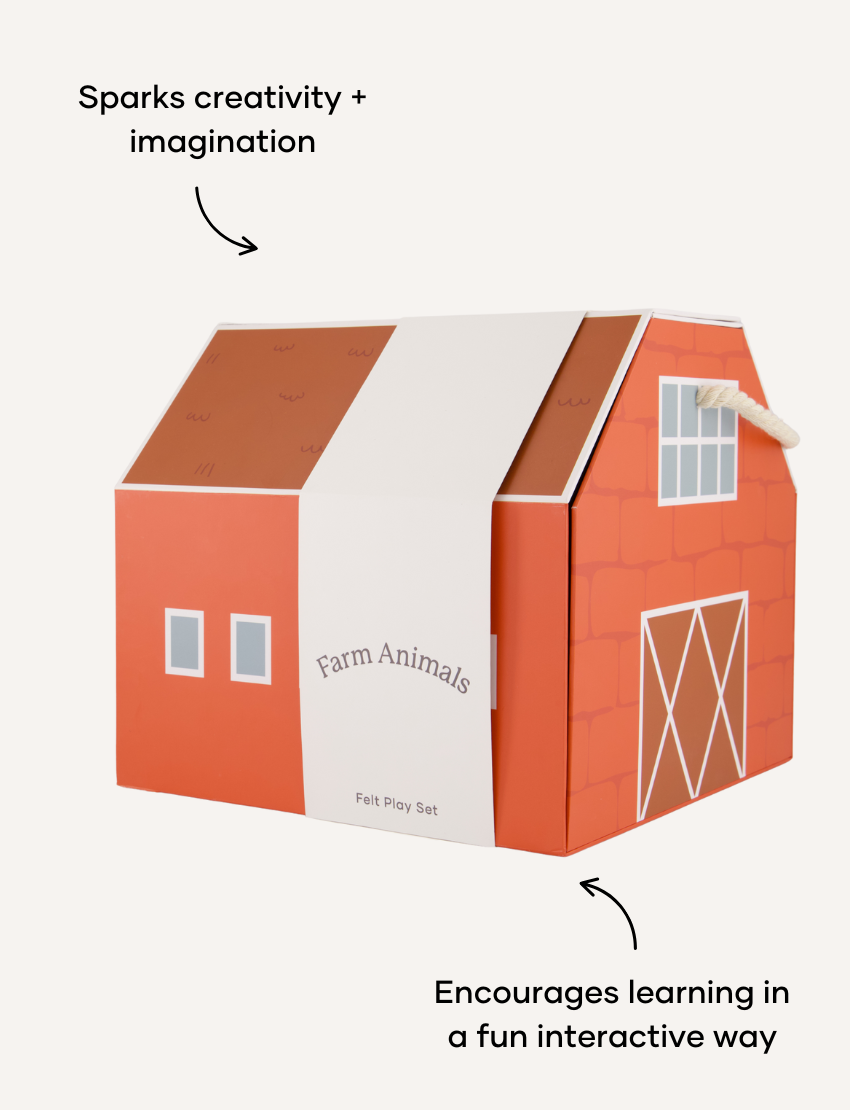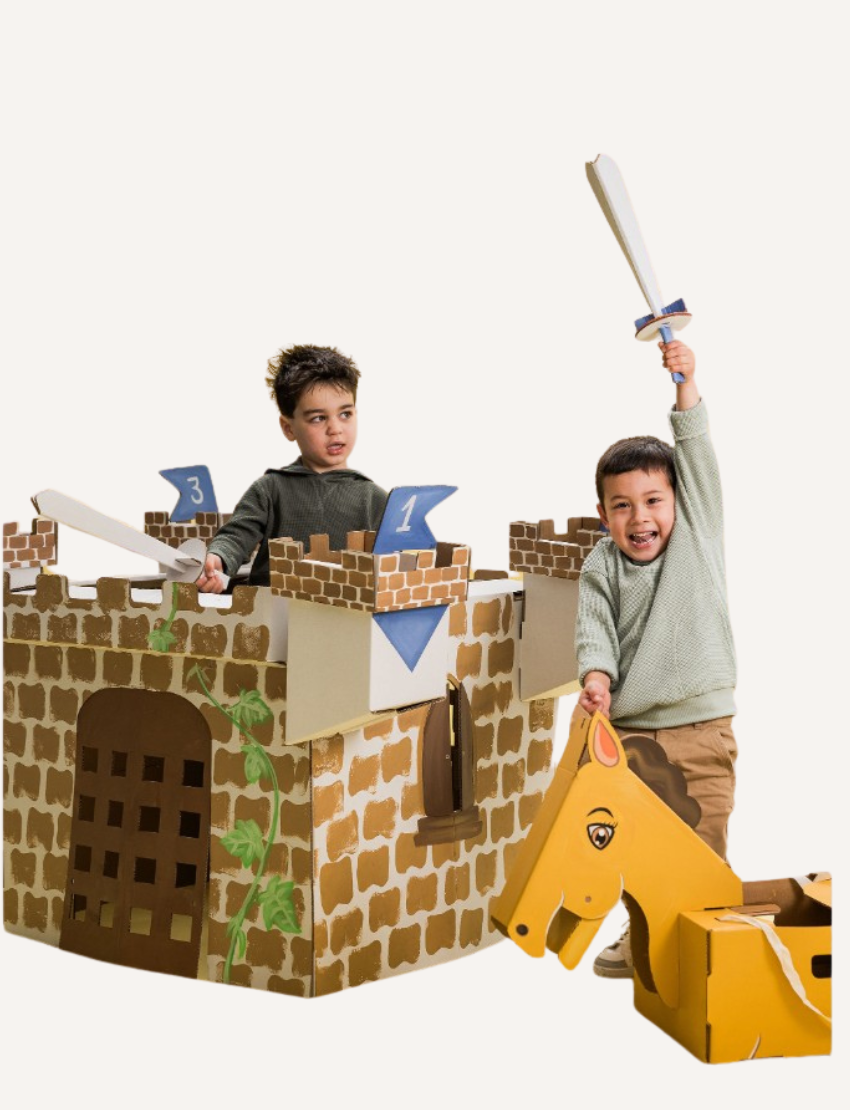We all know play is fun, but did you know it's so much more than just a good time? It's the secret ingredient to nurturing happy, healthy and confident kids. Through play, children develop essential social and emotional skills – the building blocks for navigating life's ups and downs. Think about it: play helps kids understand their feelings, build strong relationships, and bounce back from challenges with resilience. It's where they learn to empathize, cooperate, and discover just how capable they truly are. Let's explore how play shapes these crucial abilities and discover how you can utilise its power in your everyday life.
Tuning into Feelings: The Magic of Emotional Regulation
Imagine a child building a magnificent tower, only to have it tumble down. In that moment, they experience a wave of frustration. Play provides a safe space for them to navigate these big emotions. Whether it's the thrill of a chase or the sting of losing a game, play allows children to practice managing their feelings in a natural, organic way. As they engage in free play, they learn to self-regulate, figuring out how to calm down, express themselves appropriately, and cope with disappointment. Co-regulation with a caring adult also plays a crucial role, especially for younger children. By offering a comforting presence and gentle guidance, you can help them develop these vital skills. As Dr. Bruce Perry reminds us, "Play is the language of childhood," and through it, children learn to understand and express their inner world.
Walking in Someone Else's Shoes: The Gift of Empathy
Empathy, the ability to understand and share the feelings of others, blossoms through social interaction. Think of children engaged in imaginative play, pretending to be doctors, superheroes, or even animals. These role-playing scenarios allow them to step into someone else's shoes, experiencing the world from a different perspective. As Stuart Brown, a renowned play researcher, explains, play fosters emotional attunement, helping children decipher social cues and respond with compassion. When children engage in cooperative games, they learn to consider others' needs and feelings, further strengthening their capacity for empathy.
Working Together, Playing Together: Cooperation and Conflict Resolution
Play is a masterclass in cooperation and conflict resolution. Whether it's building a fort together or negotiating the rules of a game, children learn the art of give and take. They discover how to share, take turns, and compromise – essential skills for building healthy relationships. Social play, as highlighted in research from the Harvard Graduate School of Education, requires children to express their ideas and feelings while navigating disagreements and finding common ground. These experiences teach them how to communicate effectively, listen actively, and resolve conflicts constructively.
Bouncing Back from Setbacks: The Power of Resilience
Unstructured play is a breeding ground for resilience. It's where children learn to take risks, experience setbacks, and try again. Maybe they don't win the race, or their drawing doesn't turn out as planned. These "failures" aren't defeats; they're opportunities for growth. As the American Academy of Pediatrics points out, play helps children develop new competencies, fostering the confidence and resilience they need to face future challenges. It teaches them that it's okay to make mistakes, that they can learn from them, and that they have the strength to persevere.
Believing in Themselves: The Spark of Self-Esteem
Mastery experiences in play ignite a child's sense of self-esteem. Whether they're mastering a new skill, like riding a bike, or successfully completing a puzzle, these accomplishments boost their confidence. They realise, "I can do this!" This sense of competence, as emphasized by the American Academy of Pediatrics, reinforces a positive self-image and empowers them to take on new challenges.
Ready to Play?
The social-emotional benefits of play are undeniable. From building resilience to fostering empathy, play nurtures the essential skills children need to thrive. So, why not join in the fun? Observe how children navigate emotions, connect with others, and build resilience through play. Be curious, engage alongside them, and witness the magic unfold. You might be surprised by what you learn – and how much joy you discover along the way!


